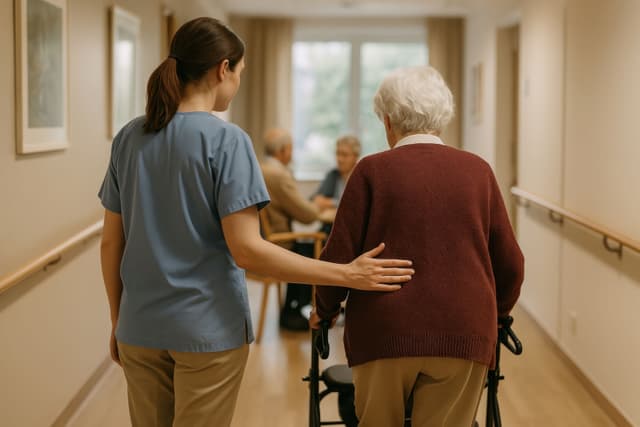
Since beginning his career in the legal field, David Hartman has dedicated himself to providing exceptional support to attorneys and clients alike. With a background in Criminal, Family, and Civil Law, David brings a balanced mix of professionalism, empathy, and precision to every case he works on. His ability to connect with people and maintain strong attention to detail allows him to ensure that every client feels heard and every matter is handled with care.
David earned his Bachelor's degree in Legal Studies from the State University of New York at Canton in 2022, followed by a Paralegal Studies Certificate from the State University of New York at Oswego in 2024. That same year, he became a member of the Empire State Alliance of Paralegals, achieving recognition as a New York State Certified Paralegal. His educational achievements reflect his drive for excellence and continued professional growth within the legal field. While David works on all the firm's New York cases, David's extensive experience and knowledge allows him to utilize his paralegal skills on Michael Hill Trial Law's cases across the United States.
Originally from a small-town community in upstate New York, David credits his family and upbringing for instilling in him a strong work ethic and a deep respect for integrity and fairness. These values continue to shape his work at Michael Hill Trial Law, where he plays an integral role in supporting complex legal matters with diligence and compassion.
view all resources

Few injuries are as troubling — and as preventable — as bedsores in nursing homes. Also known as pressure ulcers or pressure injuries, bedsores can develop when a resident remains in the same position for extended periods without proper movement or care. At Michael Hill Trial Law, we frequently work with families who are devastated to discover that a loved one developed severe bedsores while under professional supervision.
In many cases, bedsores are not simply a medical complication of aging. They are a warning sign of neglect, understaffing, or failure to follow basic care standards. Understanding how bedsores develop, when they may indicate negligence, and what legal protections exist in Ohio can help families take informed action.

Losing a loved one is always painful. Losing a loved one because of preventable neglect or negligence in a nursing home is devastating. At Michael Hill Trial Law, we speak with families who are not only grieving — but also struggling with the painful question: Could this have been prevented?
While many nursing home residents have serious medical conditions, that does not mean facilities are free from responsibility. When a nursing home’s failure to provide proper care leads to a resident’s death, families may have grounds for a wrongful death claim under Ohio law.

When families place a loved one in a nursing home — especially someone living with Alzheimer’s disease or dementia — safety is the top priority. One of the most dangerous risks these residents face is wandering, sometimes called elopement, when a resident leaves a supervised area or exits the facility without proper monitoring.
At Michael Hill Trial Law, we have seen how devastating wandering incidents can be. Residents who leave a facility unsupervised may suffer falls, exposure to extreme weather, traffic injuries, dehydration, or worse. In many cases, these incidents are not unavoidable accidents — they are the result of preventable safety failures.

When families place an elderly loved one in a nursing home, they focus primarily on safety, medical care, and quality of life. Financial protection is often overlooked — until something goes wrong. At Michael Hill Trial Law, we regularly speak with families who discover too late that a loved one has been financially exploited while living in a nursing home.
Financial exploitation of seniors is one of the most underreported and misunderstood forms of elder abuse. It can quietly drain savings, create long-term financial instability, and cause deep emotional distress for elderly residents who may already feel powerless. Understanding how financial exploitation happens, what warning signs to watch for, and how families can take action is critical to protecting vulnerable seniors.